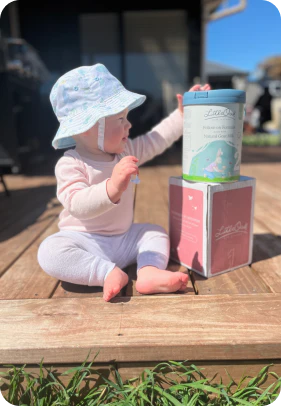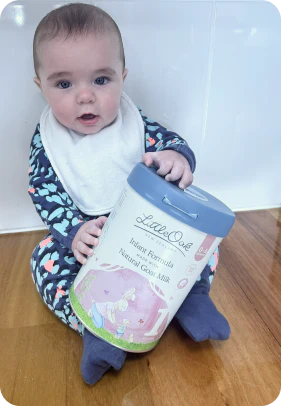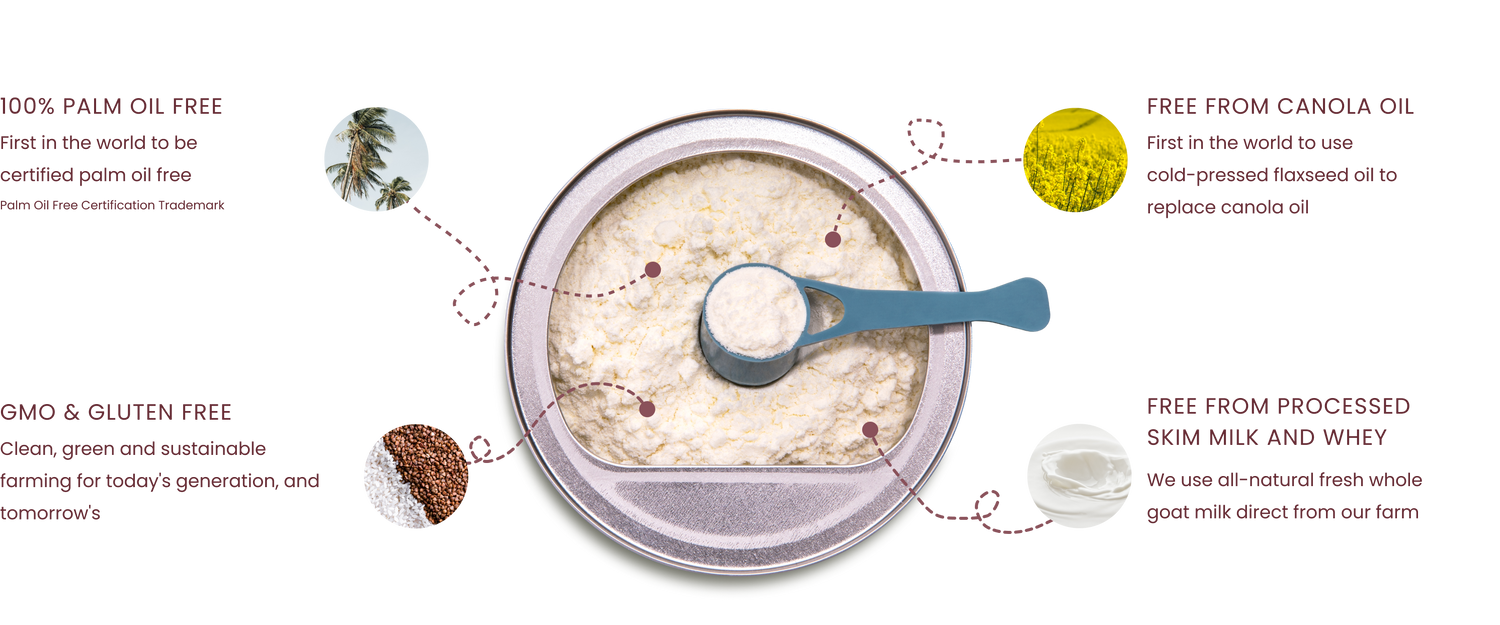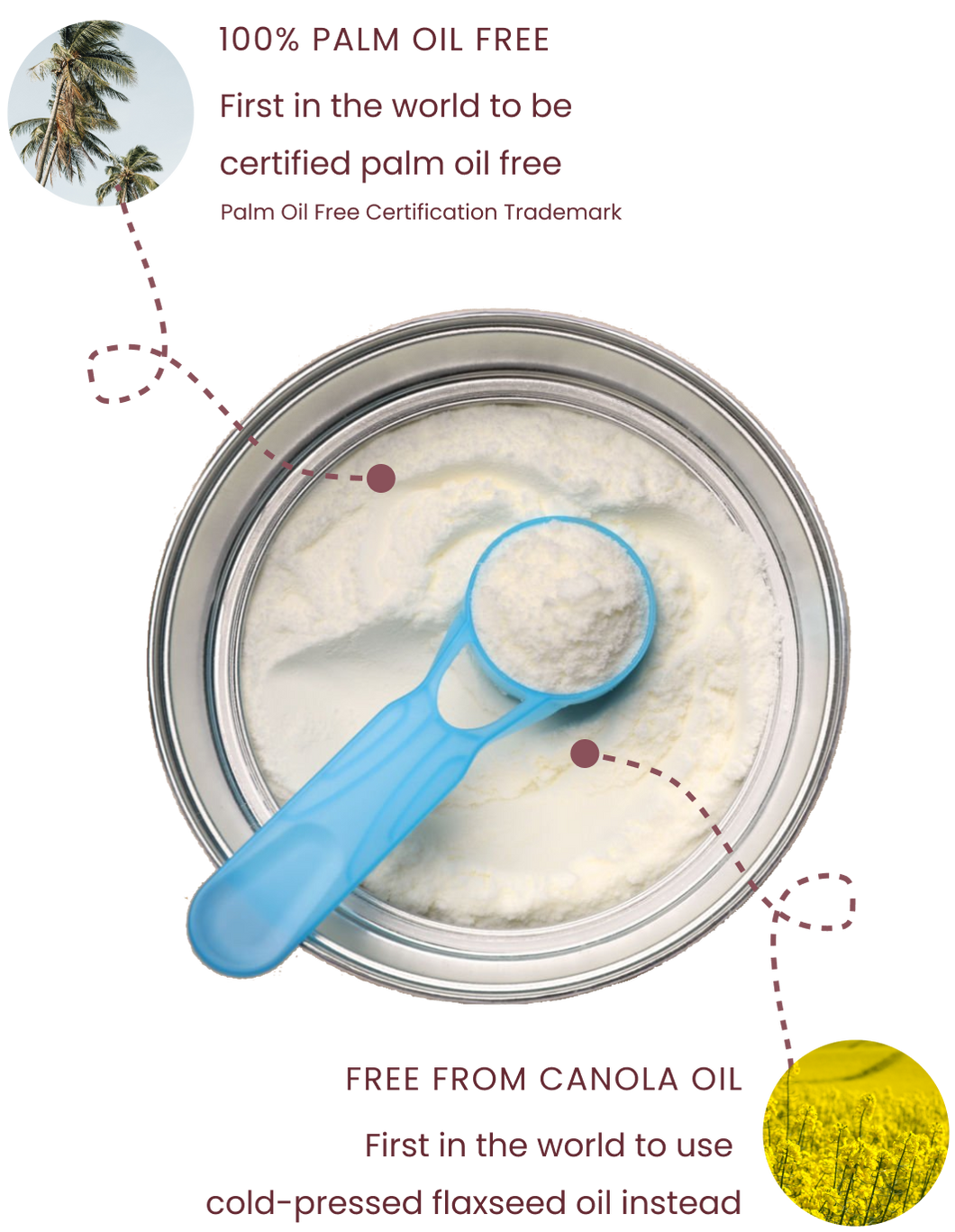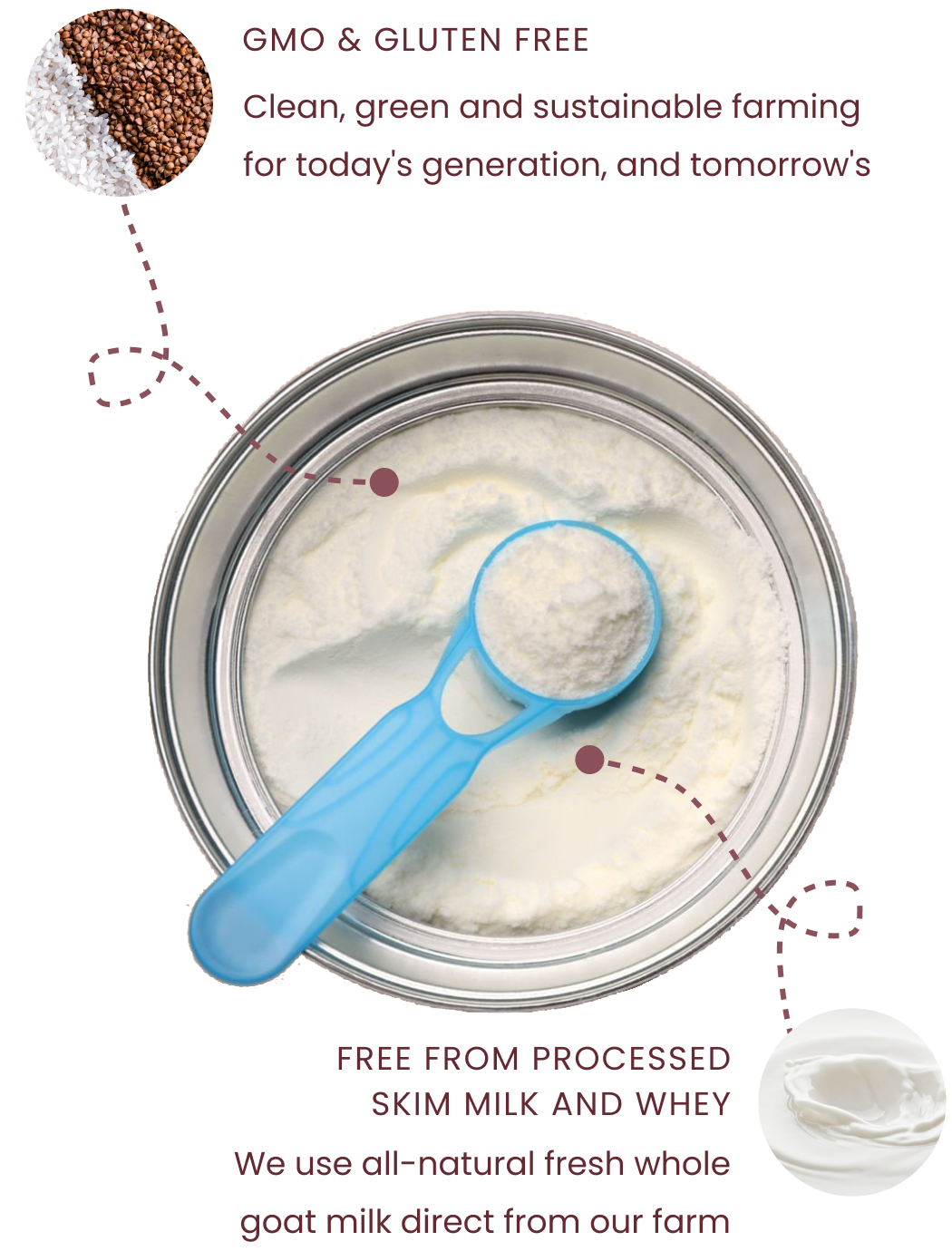As a team of parents, we understand that knowledge is wealth. It’s our mission to ensure that parents have peace of mind, equipped with all the information they need to make the incredibly personal decisions around how they nourish their children. And if you can’t or choose not to breastfeed, we’ll always strive to ensure your little one is receiving the most wholesome, most natural nutrition possible.
Soy milk has been growing in popularity as a replacement for cow or goat milk formulas, and we wanted to take an opportunity to talk a little bit about it today. While current studies don’t conclusively indicate adverse effects in infants consuming soy formula, research from laboratory and animal studies have sparked debate around the concentration of phytoestrogens. We just wanted to share a little bit about what we’ve learned, so you can consult with your healthcare provider, and find the best choice for your family.
Phytoestrogens
Phytoestrogens are plant-derived substances with estrogenic activity, and one such class of these are called “isoflavones.” According to a study analysing the use of soy-formulas in infant nutrition, soy based formulas have a lot of these isoflavones. This means that when bubs drink these formulas, their blood has a much higher level of it in contrast to those fed with cow, goat or breast milk. There are concerns that these isoflavones may mimic “estradiol” (a type of estrogen hormone), which may impact how estrogen works in the body.
So, while we might enjoy a soy latte in the morning, it's important to consider how much soy a baby would ingest through soy formula. We sat down with pediatric naturopath, Lisa Moana about the implications of soy, and she shared that bubs fed with soy formula consume significant quantities of soy relative to their body weight. This can result in a high intake of phytoestrogens, which aren’t ideal for the healthy development of both boys and girls.
What’s more, according to a study on the different infant formulas used in the United States, soy-based formulas were found to be higher in aluminium. Because this can cause weaker bones in babies born pre-term or with low birth weights, the American Academy of Pediatrics recommends that soy formulas are not given to preterm bubs.
While little ones fed with soy-based formulas have typically grown and developed normally, we just wanted to share some of the existing research around this topic. Without a definitive consensus, it does seem that further research into the potential impact of increased phytoestrogens on little ones is needed.
As always, we’re here to share what we know. We always aim to provide you with the resources you need to make the best decisions around feeding your little one. Please always consult your healthcare provider if you have larger questions around soy formula and its impact on your little one.
.....
LittleOak has been nourishing children for many years and feeds millions of infants, babies and children across the globe each and every day, in countries such as Australia, New Zealand and Singapore. In the US, we're proud to have our FDA compliant Toddler Drink available for families.








